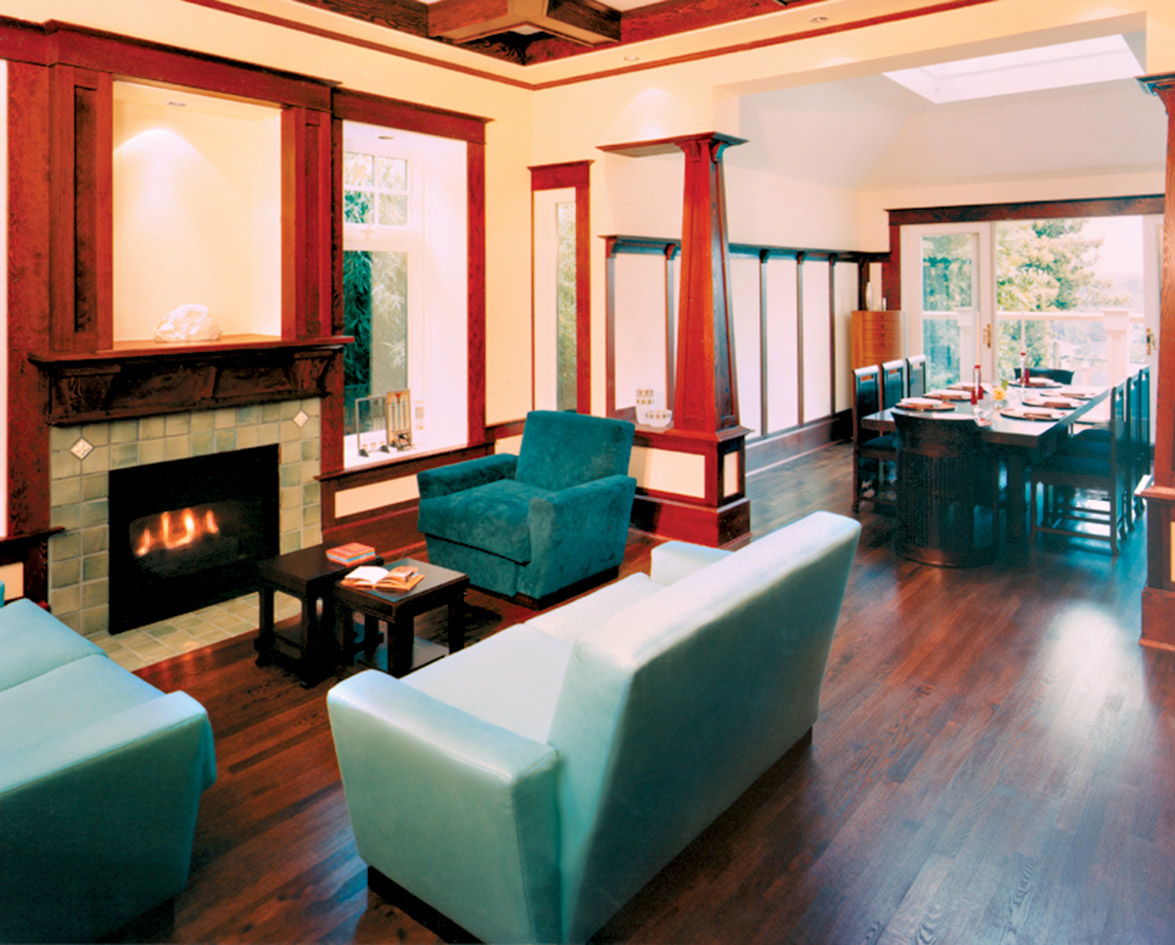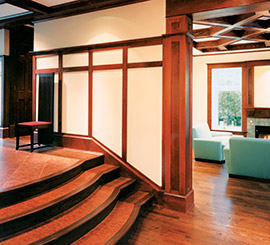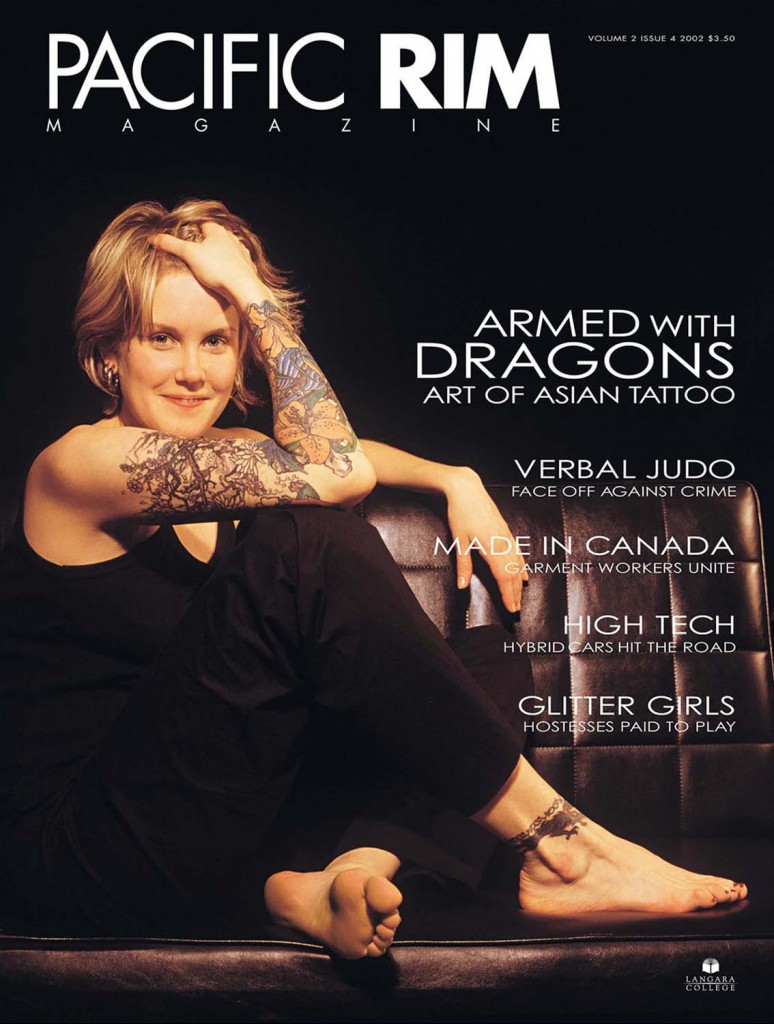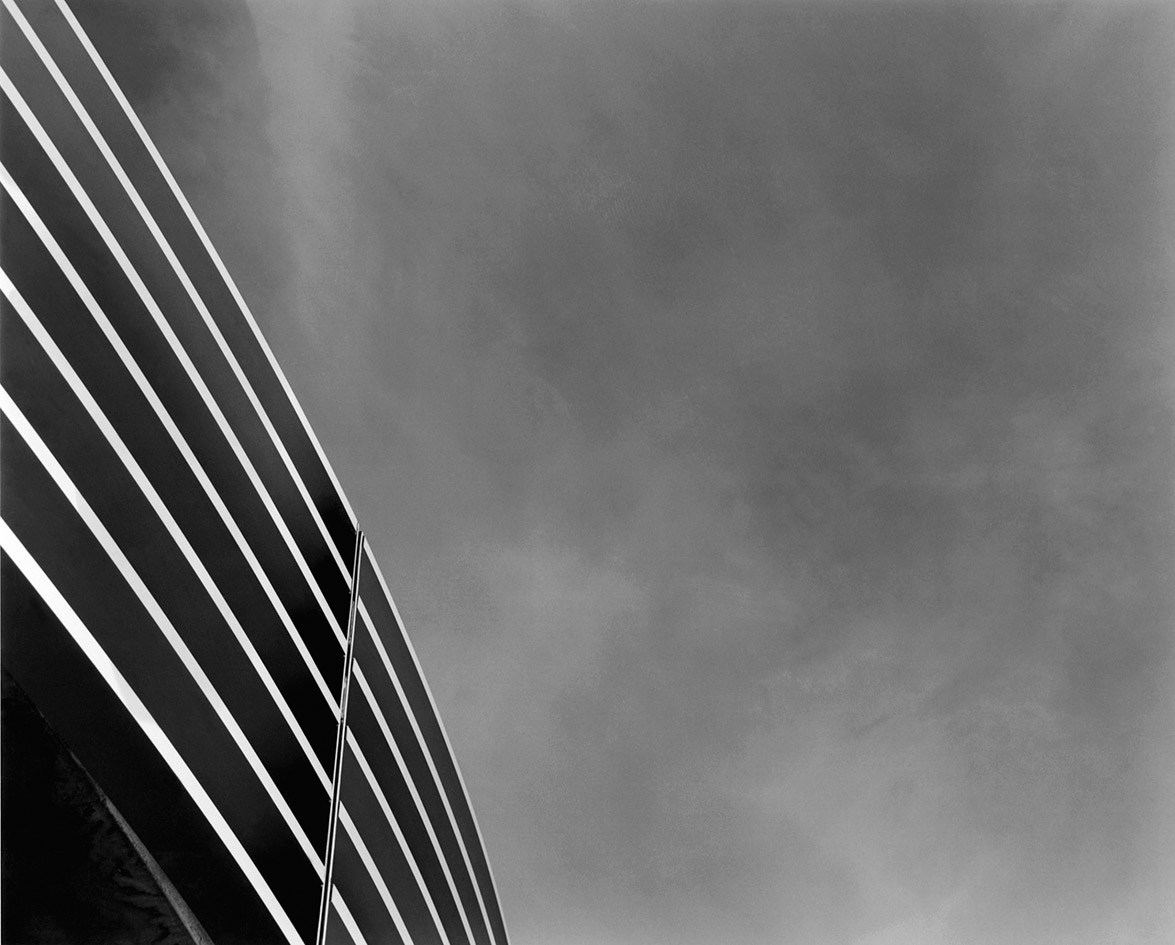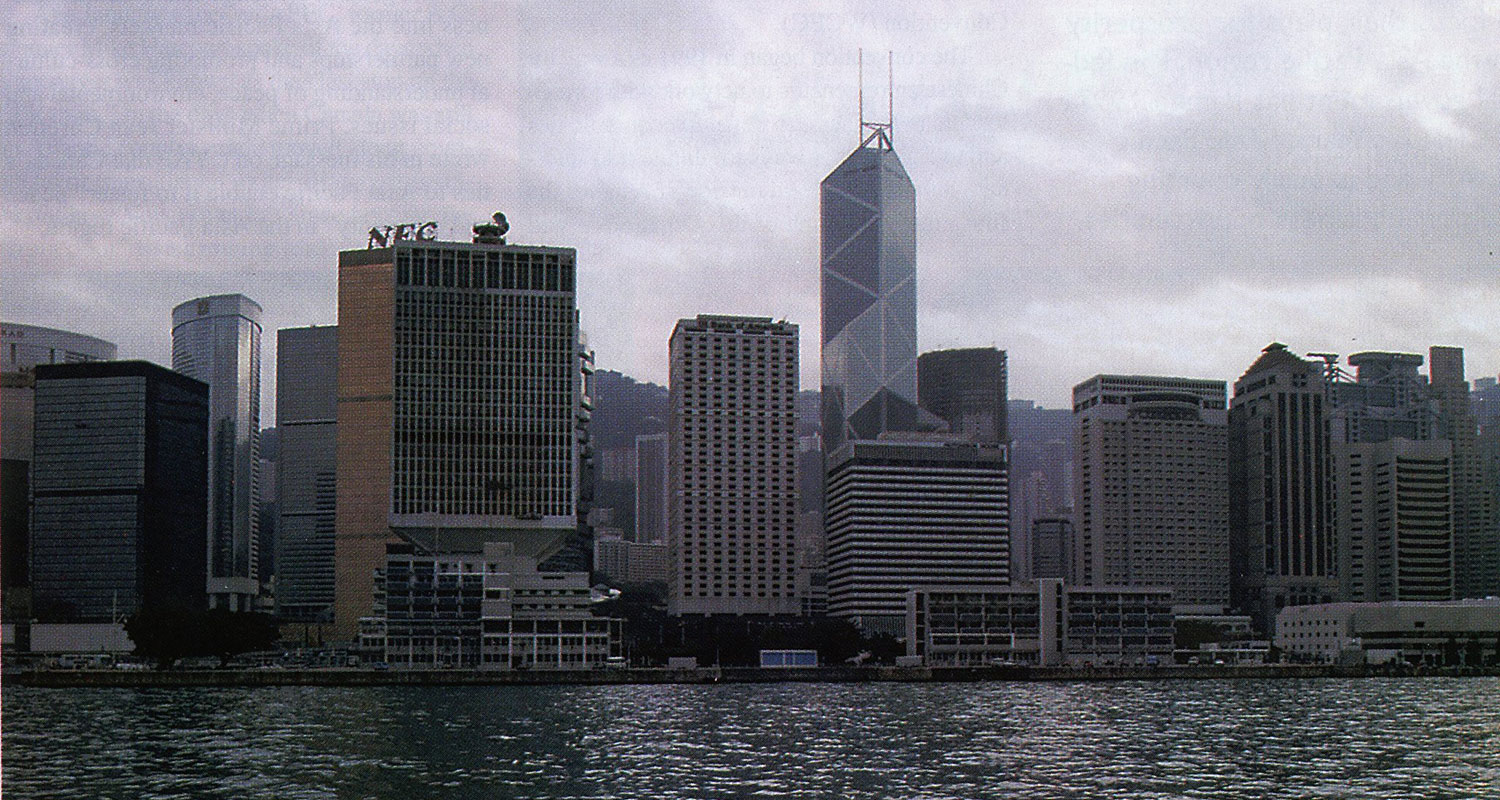At the end of a freshly paved street sits a palatial house with a lush, colourful garden. Vibrant rose bushes line both sides of a straight path leading to a large brownish-red front door. In the entrance foyer, a large tinted mirror welcomes guests while reflecting the purity of the surrounding white walls. As you step inside, you can see through to the living room and a facing leather couch—an invitation to relax in front of a big screen TV. Beyond is the kitchen, where French doors open on a wooden deck and refreshing swimming pool.
Sound like an easy sell? Well, if you believe in feng shui, you probably recognized a number of problems with this home. You surely wouldn’t want to live in a house with bad energy flow. Although you may not notice it day-to-day, if you were trying to sell such a house, you might find the task difficult.
The Importance Of Feng Shui
Due to the influence of a large Asian population, feng shui has become a prevalent factor in the Lower Mainland’s real estate market. Therefore it is important to take feng shui seriously. “Feng shui is not superstitious; there is a lot of science behind it,” says Sandy So, a professional realtor with RE/MAX, Canada’s largest real estate company.
Houses on T-junctions and cul-de-sacs are the most problematic for sellers. Since the flow of wind, air and light is the basis of feng shui, a house at the end of a street is constantly subject to the attack of energy carried by oncoming cars. One inexpensive solution to this problem is to plant trees in front of the house to block the energy flow. A small mirror placed above the front door or a flowing water fountain in the garden are other ways to deflect negative energy.
When Rosita Moinishirazi put her Richmond house on the market, she did nothing to improve its feng shui, even though the location at the end of the street was undesirable. “People were interested in the house itself, but many of them were concerned with the house being on a T,” says Moinishirazi. The backyard, which faced a main road, was also a major problem. Only after changing the carpets, painting the walls, replacing the chandeliers, and reducing the price did the house sell—and then it was to a non-Chinese buyer.
John Madsen’s Richmond home was situated on a cul-de-sac corner. Potential Chinese buyers always asked for a lower price citing poor feng shui as the reason. The house eventually sold to a German family. But when it comes to selling homes, Madsen believes feng shui is a relatively minor thing. “It’s not as major as a Chinese agent makes it out to be. A lot of Caucasians like cul-de-sac homes, perhaps so their kids can play street hockey.”
One feng shui solution is the placement of a wind chime outside the front door.
Marisa Lavallee, sales manager at The Hamptons townhouse complex in Richmond, has noticed the influence of feng shui on the real estate market. She remarked, “The issue of having a street leading directly to the house came up a couple of times, and many of our Asian buyers prefer north-south exposure with the living room facing south.”
Interior Design With Feng Shui In Mind
Indoors, certain architectural designs cause problems. Feng shui enthusiasts avoid staircases that point toward the main entrance. The reason is that the main door must be opened often for visitors, allowing currents to enter the home—good or bad—and make their way up the stairs to the next level. This problem can be solved by placing a wind chime outside the front door, or by hanging a crystal ball between the end of the staircase and the front door to enhance chi energy. A mirror, a common feng shui fix, can also be placed at the top of the stairs facing the door.
Two or more perfectly aligned doors present a similar problem. If you can walk a straight path through your front door and out your back door, feng shui suggests that fortune will enter the home, but leave immediately. A feasible solution for aligning doors may be the placement of a couch or other furniture item within the path between the two doors. A more expensive alternative might be to build a wall to break the line.
Strength In Numbers
When it comes to street and house numbers, the Chinese have strong preferences. “Address numbers significantly influence home purchases,” states Sandy So. For instance, the number four, when pronounced in Chinese, has the same sound as the word “death.” The number five is also not good; it sounds like “no”—a negative connotation. While there are good numbers such as eight, which refers to and sounds like “fortune,” and three, which is associated with liveliness, avoidance of bad numbers is the bigger issue.
You may want to consider feng shui when buying a new home, especially if you plan to re-sell the house. Of course, any house will sell—given the right price. But to get the most from your real estate investment, it doesn’t hurt to have the forces of wind and water on your side.





